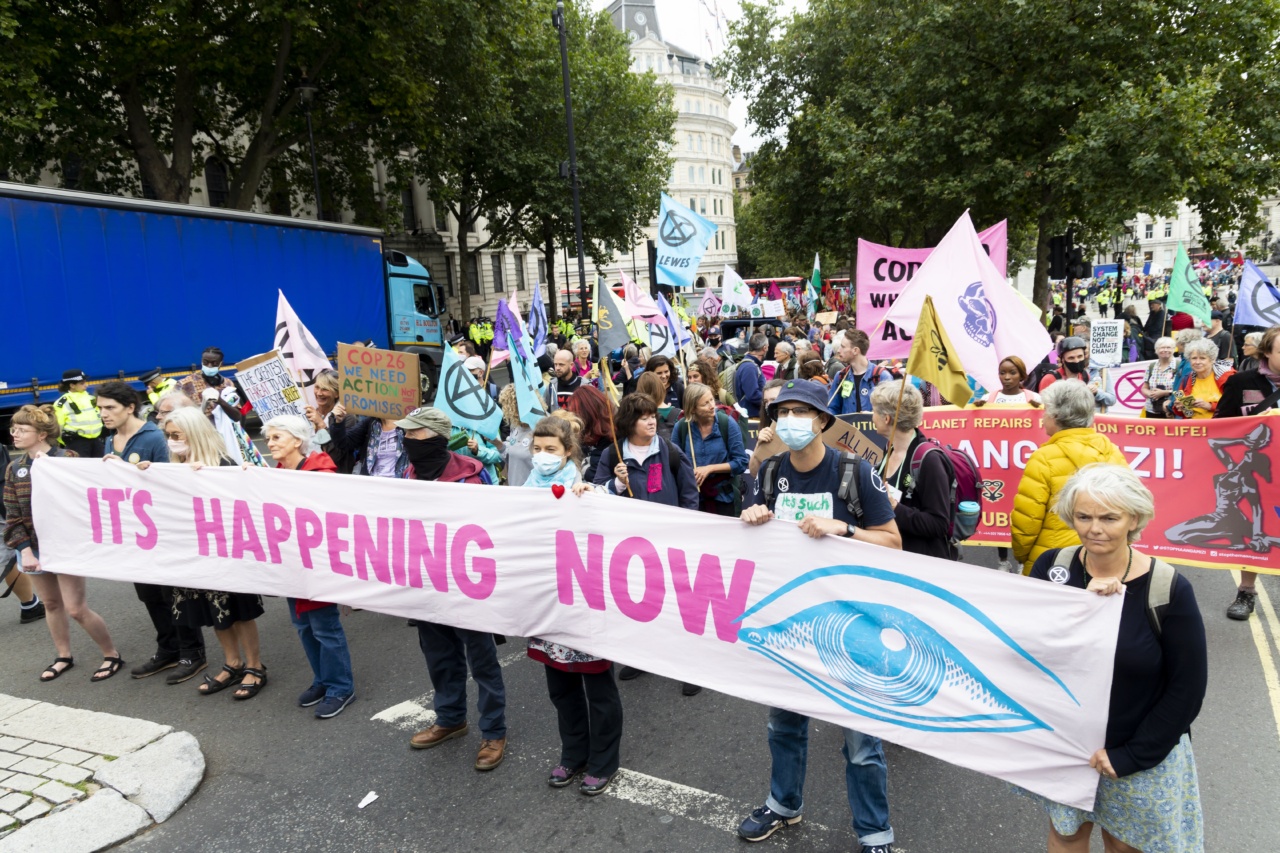A painon has been issued in the local community regarding a possible chickenpox outbreak. Chickenpox is a highly contagious viral infection that can cause a red, itchy rash, fever and flu-like symptoms.
It spreads easily from person to person through direct contact with fluid from the rash or through respiratory droplets in the air.
What are the Symptoms of Chickenpox?
The symptoms of chickenpox usually appear within 10 to 21 days after exposure to the virus. The initial symptoms include:.
- Fever
- Headache
- Loss of appetite
- Muscle aches
- Fatigue
After a few days, a rash of red, itchy blisters will appear on the body, face and scalp. The blisters will fill with fluid and then crust over. The rash can be very itchy and uncomfortable, and may last for up to two weeks.
How Is Chickenpox Spread?
Chickenpox is highly contagious and can be spread easily from person to person through direct contact with fluid from the rash or through respiratory droplets in the air.
It is most commonly spread through coughing, sneezing, or touching a surface contaminated with the virus. It is also possible to catch chickenpox from someone who has shingles, as shingles is caused by the same virus as chickenpox.
Who Is at Risk for Chickenpox?
Anyone who has not had chickenpox or been vaccinated for chickenpox is at risk of getting the infection. Adults and teens who have not had chickenpox are at higher risk of getting a more severe case of the illness compared to children.
What Is the Treatment for Chickenpox?
There is no cure for chickenpox, but symptoms can be treated with over-the-counter pain medications, such as acetaminophen or ibuprofen, and topical ointments to relieve itching.
It is important to stay well hydrated and to avoid scratching the rash, as this can lead to infection.
If you or your child has chickenpox, it is important to stay home and avoid contact with others until all blisters have crusted over, and for at least five days after the rash first appears. This can help prevent the spread of the virus to others.
What Can You Do to Prevent Chickenpox?
The best way to prevent chickenpox is to get vaccinated. The chickenpox vaccine is safe and effective, and is recommended for all children and adults who have not had the disease.
The vaccine is given in two doses, with the first dose given at 12 to 15 months of age, and the second dose given at 4 to 6 years of age. Adults who have not had chickenpox or been vaccinated should also consider getting vaccinated.
Other ways to prevent the spread of chickenpox include:.
- Washing your hands often with soap and water
- Avoiding close contact with anyone who has chickenpox or shingles
- Covering your mouth and nose with a tissue when you cough or sneeze
- Disinfecting surfaces that may be contaminated with the virus
Conclusion
If you or your child develops symptoms of chickenpox, such as a fever and rash, it is important to stay home and avoid contact with others until all blisters have crusted over.
If you have not had chickenpox or been vaccinated, talk to your doctor about getting vaccinated to protect against this highly contagious virus.































